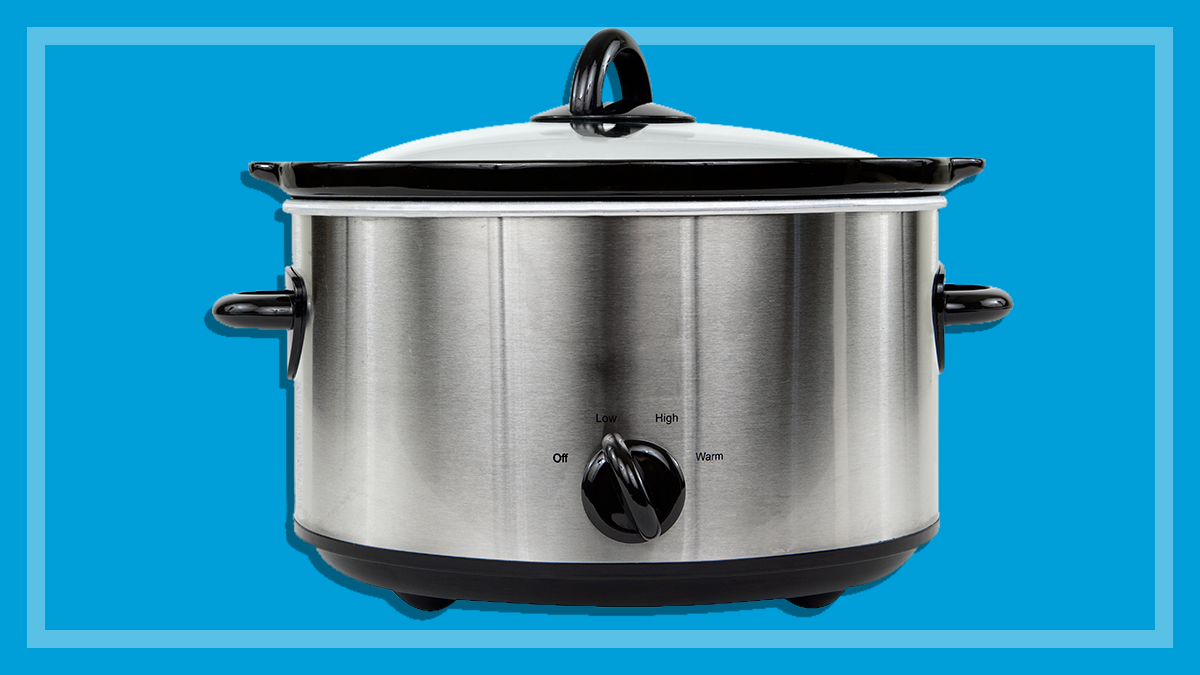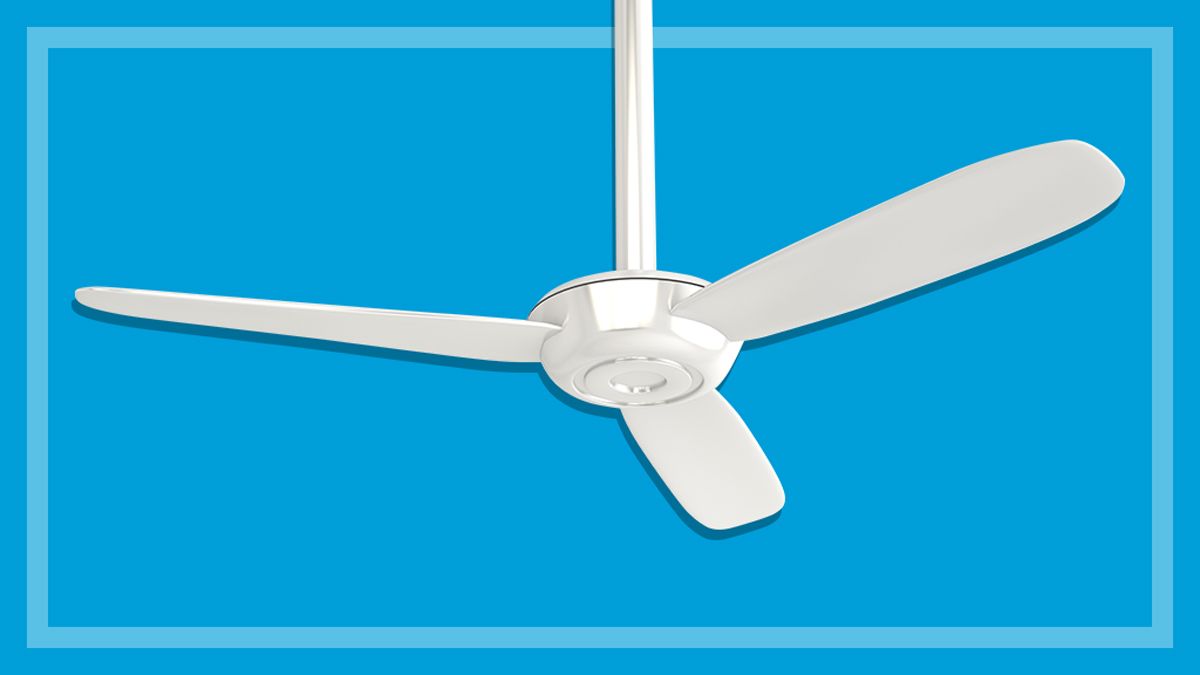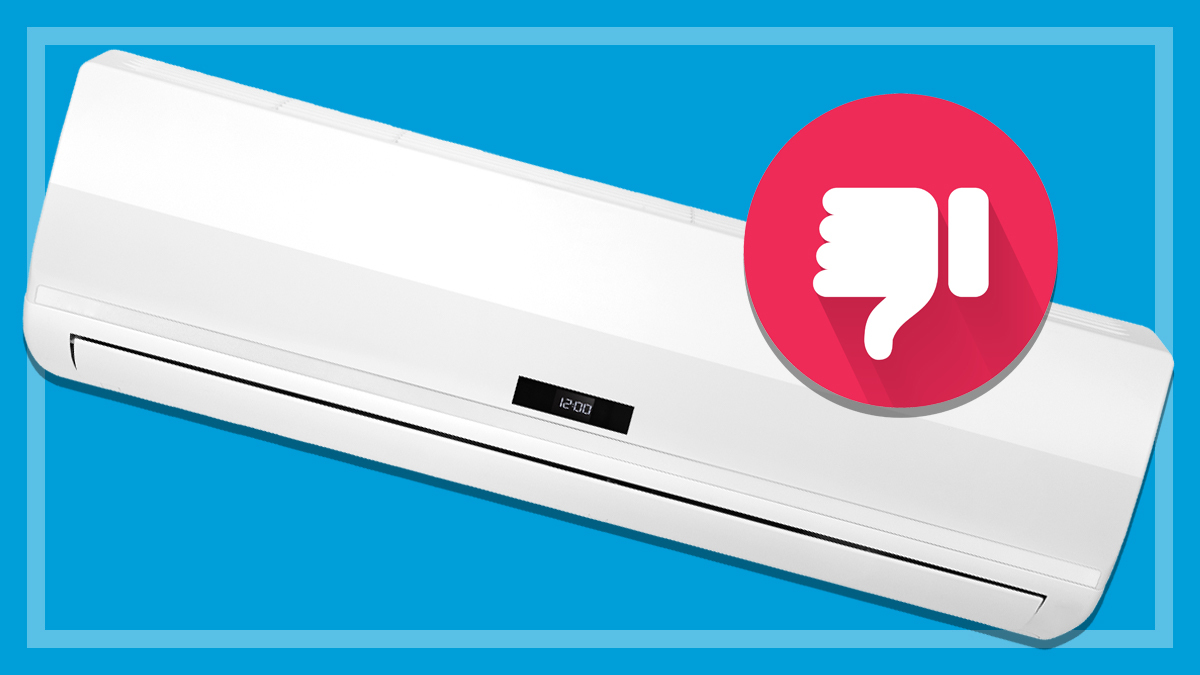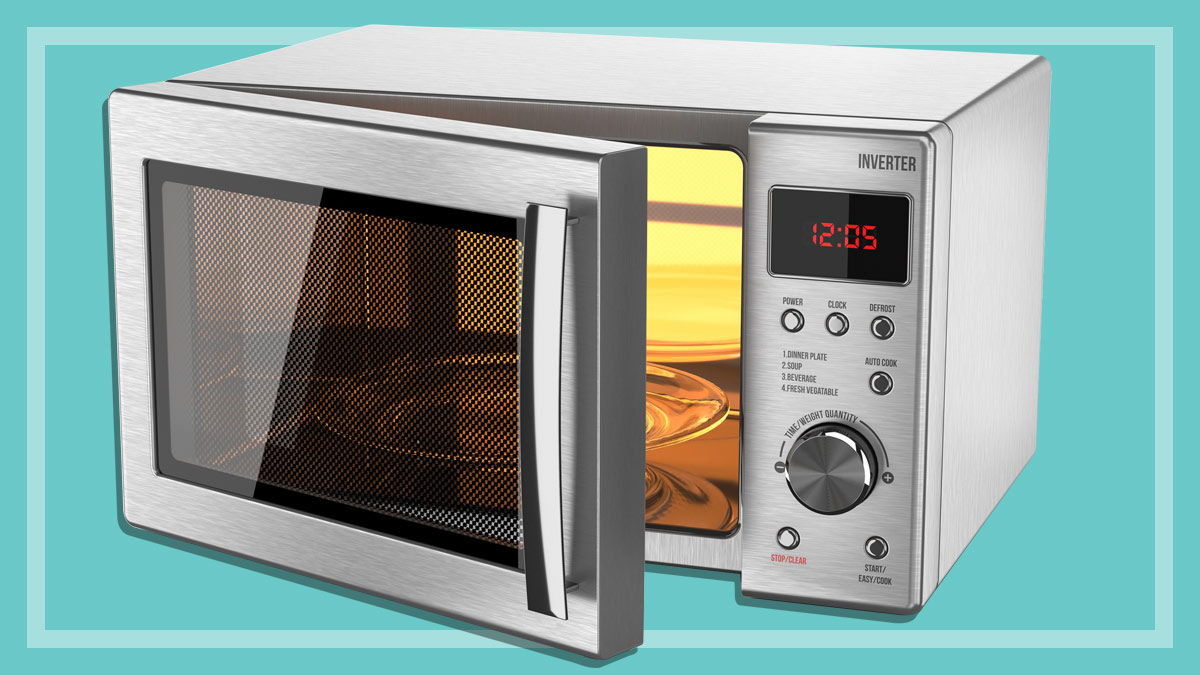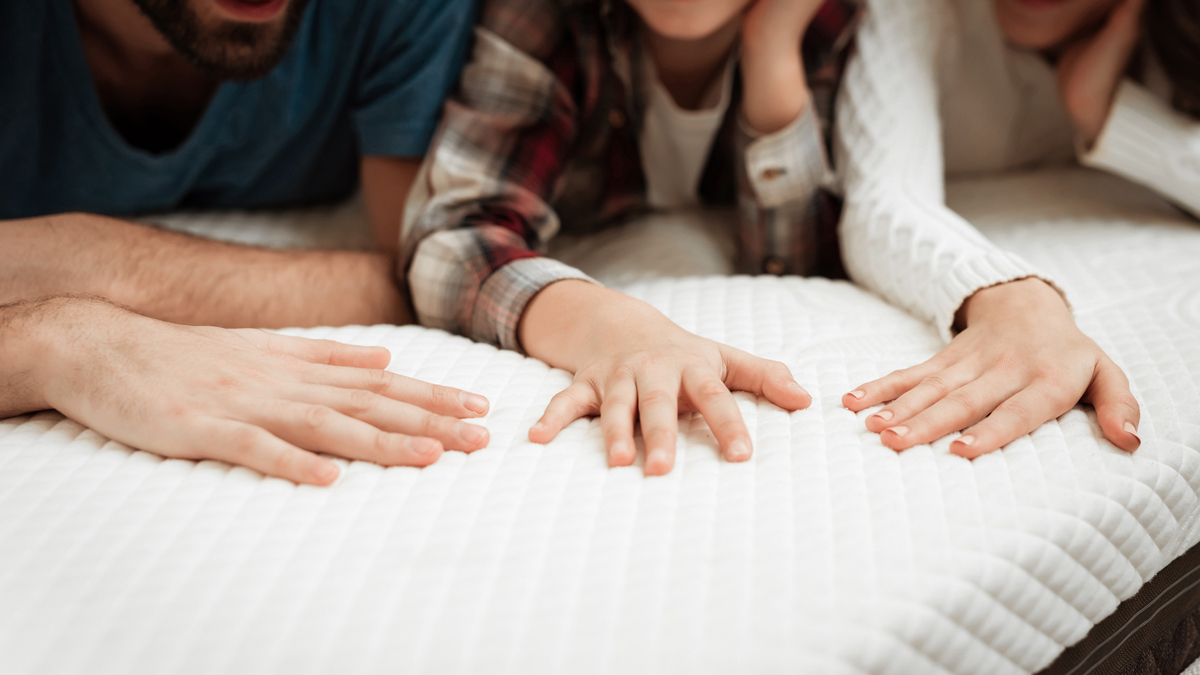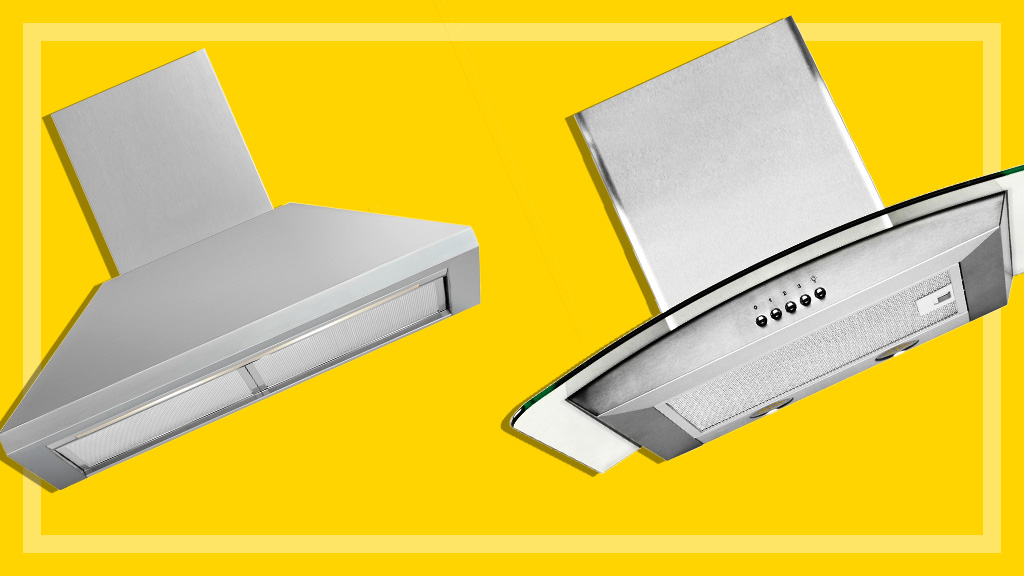Get our independent lab tests, expert reviews and honest advice.
How to buy the best slow cooker
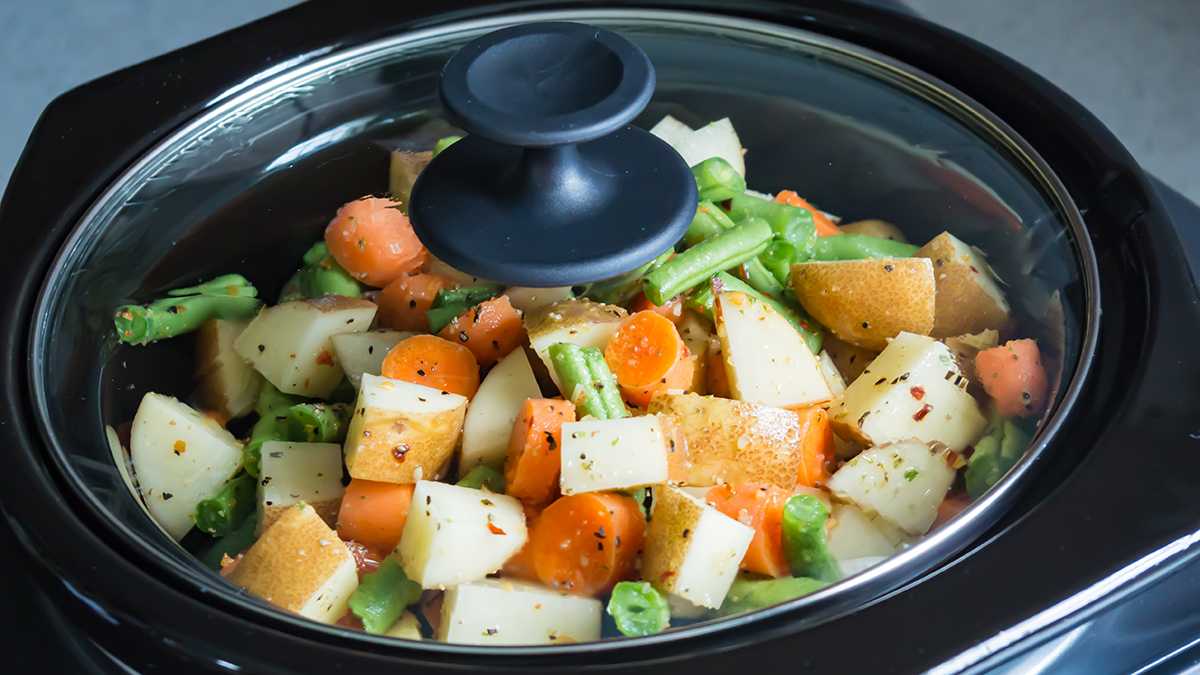
Slow cookers are a relatively cheap and convenient way to get healthy home-cooked meals with minimal effort. A good one will allow your meal to develop that rich flavour you can’t get any other way.
On this page:
- What is a slow cooker?
- Do I need a slow cooker?
- Are slow cookers a sustainable appliance?
- Are slow cookers and rice cookers the same?
- How big should my slow cooker be?
- Searing slow cookers
- Features to look for
- Cost
And they’re not just for hearty winter meals – in summer, the slow cooker can make a pot roast or one-pot meal without heating up your kitchen the way an oven can.
What is a slow cooker?
A slow cooker is a benchtop appliance used to cook meals over an extended period of time. You can prepare your meal in the morning, put it in the slow cooker and go about your day to come home to a meal that’s ready to eat.
Do I need a slow cooker?
A slow cooker is a convenient and versatile addition to your kitchen. They cook food using moisture such as soups, casseroles and stews, at relatively low temperatures with correspondingly long cooking times (several hours). They can transform a tough cut of meat into a tender fall-apart meal, and they’re great for soups with meat and chicken and any type of legume such as lentils or pulses.
Why a slow cooker might suit you
- Generally can be left unattended
- Cooks inexpensive cuts of meat, retaining natural juices
- Makes less mess
- Doesn’t require stirring
- Doesn’t produce that much heat in the kitchen and can be used all year round.
Why a slow cooker might not be for you
- Longer cooking time
- Bulky to store
- Can be disrupted by a power failure
- May require extra cooking steps (certain foods may need to be cooked on a stovetop first to enhance their flavour, such as browning meats, cooking onions and garlic or frying curry pastes/powders).
Are slow cookers a sustainable appliance?
Even when a slow cooker is running all day cooking your meal, they don’t use much power, which makes them an energy-efficient way to cook. And if you’re using one during summer it’ll produce less heat in your kitchen then your oven would, reducing the need to also use cooling.
Are slow cookers and rice cookers the same?
Slow cookers and rice cookers are not the same. Even though we’re seeing manufacturers combine the functionality of each into multi-cookers, the way these cooking methods work are different.
Slow cookers do exactly what the name suggests, cooking meals slowly and at a consistent temperature to develop flavour.
On the other hand, using a rice cooker is a much quicker cooking method. First, high heat is used to bring the liquid to boil and create intense steam, before turning down the temperature to finish off cooking to give the desired fluffy rice or steamed vegies.
How big should my slow cooker be?
- If you’re cooking for two, you’ll only need a 3–4.5L slow cooker
- If you’re cooking for a group, look at a 5–8L model.
You can always make extra and freeze the leftovers, but don’t leave them in the slow cooker to cool down for too long.
Searing slow cookers
Searing meat before slow cooking is important to allow caramelising and therefore more flavour to develop. There are models on the market that are able to sear meat and vegies, either in the slow cooker itself, or by transferring a removable inner pot to the cooktop. This removes the need for multiple pans (and extra washing up) when cooking meals that require searing.
Features to look for
Space
Consider how much food you anticipate cooking for you and your family, the cupboard space required for storage, and bench space for usage. Round slow cookers tend to waste space. Rectangular cookers generally use space more efficiently when in storage.
Indicator lights
Look for bright indicator lights and a control switch that’s easy to access and is clearly labelled.
Cracks and crevices
There should be few or no cracks or crevices for food to get trapped.
Cleaning
Each part should be easy to clean. A stainless steel exterior may show fingerprints and need more wiping. Large cooking bowls can be awkward to clean in the sink or fit in the dishwasher, and you need to be able to wash up!
Timer
A timer is handy as it counts down the time on your slow cooker and then alerts you when cooking is finished. Don’t confuse this with a delayed-start timer. A few members have been keen to get hold of a slow cooker with a delayed timer, which you can set to turn on or off while you’re away. We don’t reckon you should, as leaving food in the cooker at a warm-ish temperature will breed bacteria. If you find your slow cooker turns off prematurely, throw the food out straight away – it’s probably not worth risking food poisoning.
Automatic setting
This setting is handy as it starts the process on high to bring the food up to temperature and then switches to low temperature for the remaining cooking time.
For the elderly
People with mobility issues should look for a cooker that’s not too big and is easy to handle – a huge bowl may be heavy or not fit into a small sink. It should have clear instructions and large, well-labelled controls at the front that are easy to operate.
Cost
Slow cookers usually cost anywhere from $20 to $300, but can cost more, depending on brand and features.

